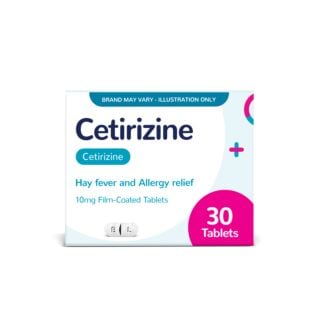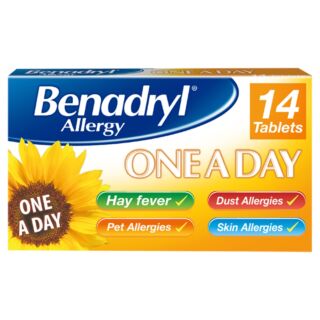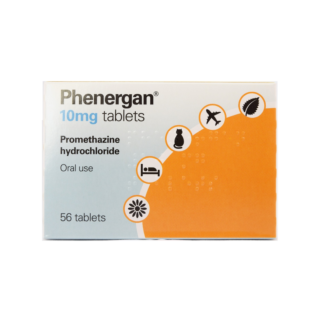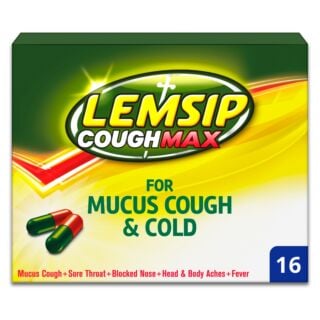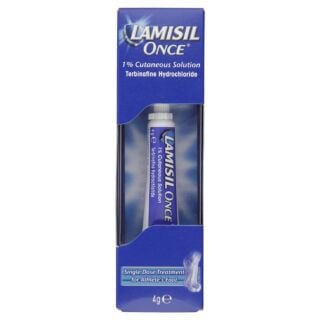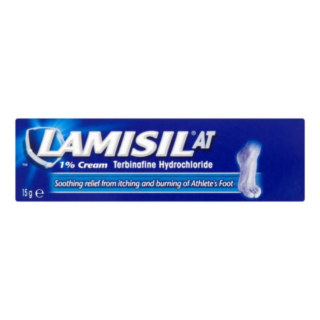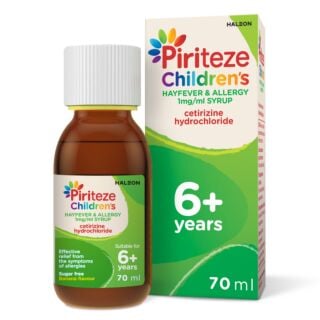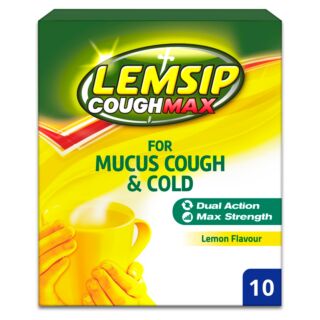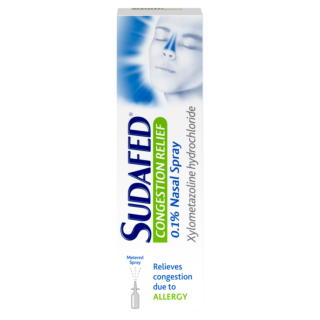What is hydrochloride?

When buying medication, there is one term you will probably see more than most, hydrochloride.
It will be on the packaging or in the ingredients, following another word that will be most likely one of the active ingredients.
What is hydrochloride?
Hydrochloride is a chemical term; it is an acid salt that that has been formed after the hydrochloric acid has reacted with an organic base. Acid salts are often used to make tablets.
What is an acid salt?
An acid salt is a salt that produces an acidic solution when dissolved in water.
Other acid salts besides hydrochloride include:
- Citrate
- Carbonate
- Phosphate
Acid salts are made so that it can be soluble.
This is why many medical treatments utilise acid salts so that it works as medication and dissolve once it has been taken.
What is hydrochloric acid?
Hydrochloric acid is a colourless substance that contains water.
It is primarily used to create PVC (Polyvinyl Chloride) as well as a descaling agent for cleaning in the household.
As well as this, hydrochloric acid is also used as a food additive and in the production of gelatine, an ingredient that is used as a gelling agent in food and pharmaceuticals.
A gelling agent is used to thicken substances without changing the properties in a big way.
Is hydrochloric acid in the human body?
Yes, it is.
Hydrochloric acid is the acid that is contained in stomach acid, known as gastric acid.
Alongside hydrochloric acid, it contains potassium chloride and sodium chloride.
Gastric acid breaks down proteins using enzymes which are triggered by the amino acids contained in the food.
Is hydrochloric acid harmful?
Hydrochloride acid is corrosive and must be handled with care at all times.
Highly concentrated forms of hydrochloric acid could cause serious injury and even death.
Why is hydrochloric acid harmful to touch but a hydrochloride isn’t?
The reason for this is simple.
A hydrochloride is the result of a chemical reaction between hydrochloric acid and an organic compound known as an amine, which is a group of compounds that are used in chemistry.
What are the most common hydrochlorides?
There is a wide range of hydrochlorides when it comes to medication, many of which are antihistamines, designed to combat allergies such as hay fever.
These include:
- Cetirizine hydrochloride
- Diphenhydramine hydrochloride
- Fexofenadine hydrochloride
- Lidocaine hydrochloride
- Promethazine hydrochloride
- Benzamidine hydrochloride
- Ranitidine hydrochloride
Pretty much all of these, and more besides, will be found on boxes of tablets, syrups, nasal sprays, and more.
Some will be purchasable from supermarket shelves; others will require consent from a pharmacist.
There will also be treatments that are only available via a prescription.
What’s the difference between cetirizine hydrochloride and cetirizine dihydrochloride?
In reality, there isn’t a known difference between cetirizine hydrochloride and cetirizine dihydrochloride in terms of effectiveness as a form of treatment for hay fever and other allergies.
The only difference is in the structure of the atoms, where dihydrochloride has an extra hydrogen and chlorine atom.
Why do tablets and capsules often contain hydrochloride?
The reason why hydrochlorides are common in pharmaceuticals boils down to the fact that they are soluble.
This means that their effectiveness as a form of medication increases when taken.
This is because when the tablet dissolves after being taken, it can move through the bloodstream easier, making it a more effective treatment.
Can hydrochloride treatments be used when pregnant?
If you are pregnant, then you should talk to your doctor before taking any medication.
Alternatively, take a look at our guide which details what can and can’t be taken when you are pregnant.
Can hydrochloride tablets be taken with alcohol?
No type of medication should be taken when drinking alcohol under any circumstances.
Can dogs take hydrochloride tablets?
It is safe for dogs to take certain hydrochloride tablets such as cetirizine.
The dosage is dependent on the dog’s size, weight, and condition.
If you do not know what is safe for your dog, speak to a vet.
What is the purpose of hydrochloride in creams?
The hydrochloride is used in creams in order to help treat a number of fungal skin infections, such as ringworm or athlete’s foot.
It can also be used to treat other skin conditions like eczema and dermatitis.
Its main purpose is to kill the cause of the skin condition in order to help the skin restore its natural state.
What does hydrochloride do in eye drops, sachets, syrups and nasal sprays?
In these treatments, a hydrochloride will work like it does in tablets, getting the active ingredient into the bloodstream easier and quicker than it otherwise would.
Does hydrochloride cause any side effects?
Side effects caused by any hydrochloride will be as a result of the main active ingredient and is likely a sign of an allergic reaction.
It may not be an allergic reaction but just to be sure, speak to a doctor if you do notice a side effect.

